Best Credit Cards for Startups
Author: Nick Alex Gallo
October 31, 2025
8 min read
TABLE OF CONTENTS
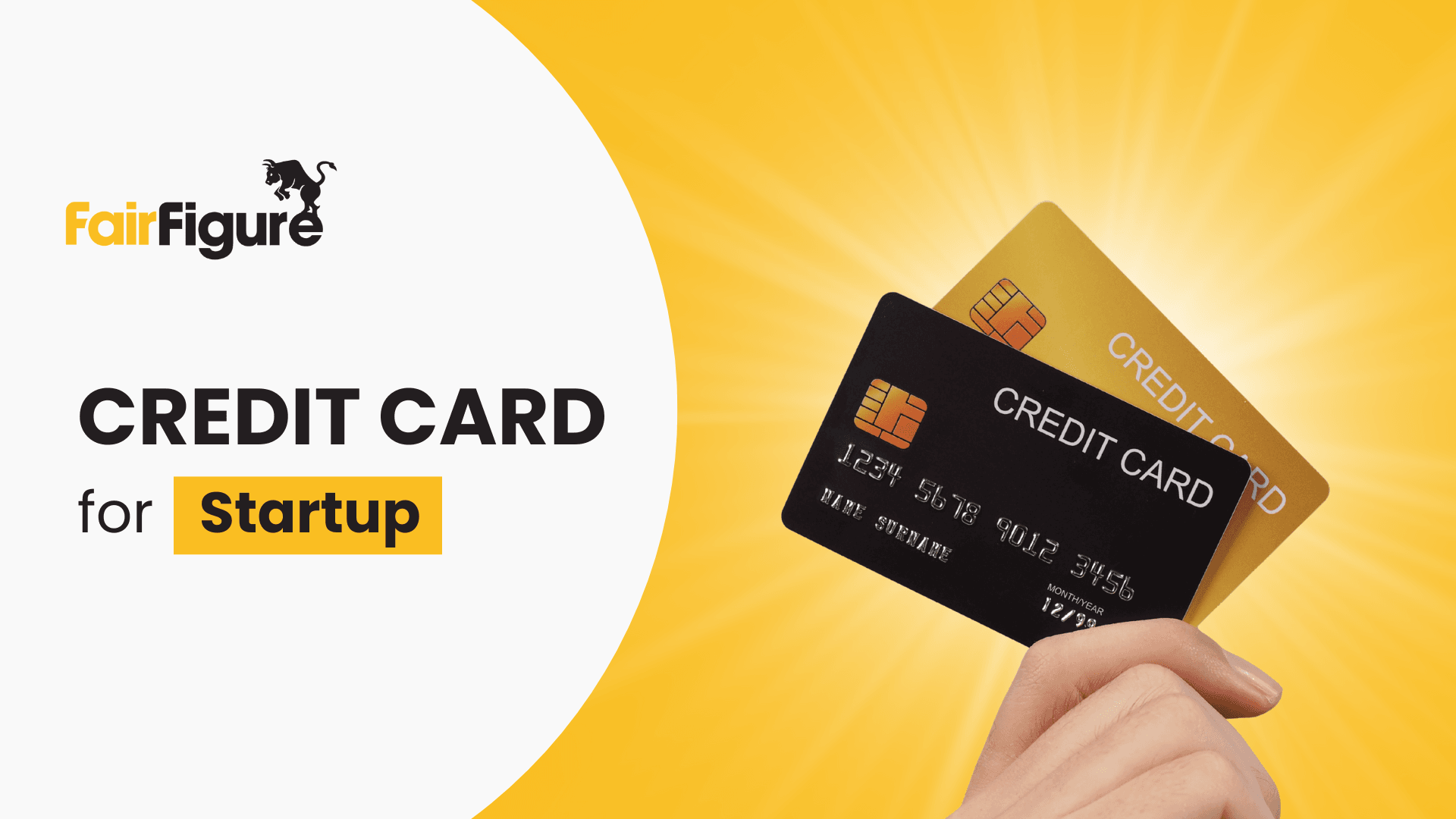
Start your credit building journey for your business

Our favorite credit cards for startups include options from platforms like FairFigure, Zeni, and Mercury. Not only are they readily available to early-stage founders, but they also have startup-friendly features and lack personal guarantees. Let’s explore what they have to offer.
Best Credit Cards for Startups
| Card | Personal Credit Check/Guarantee | Reports To | Rewards |
|---|---|---|---|
| FairFigure Card | No | Experian, Equifax, Creditsafe, and SBFE | Undisclosed |
| Zeni Card | No | Undisclosed | 1.75% on all purchases |
| Mercury Card | No | D&B, Experian, and Equifax | 1.5% on all purchases |
| SVB Innovator Card | No | Undisclosed | 2x points on all purchases |
| Relay Visa Card | No | N/A | 1.5% on all purchases |
1. FairFigure Card
FairFigure is a business credit builder platform designed to provide everything you need for a better score. Our flagship product is the FairFigure Capital Card, which is ideal for new startup founders—especially those who may not qualify for other forms of funding.
Unlike a traditional card issuer, we won’t check your personal credit score or require a personal guarantee when you apply for an account. Instead, we make funding decisions based on your business revenue.
The only reason we ask for your Social Security number (SSN) is to confirm your identity, making it one of the best options for a startup business card with EIN only.
You only need $2,500 in monthly recurring revenue and three months in business to get started.
If you qualify, we’ll fund your card with an advance on your future revenues. Once you’ve spent the capital, you can choose between a repayment term of four and eight weeks, with no interest on your outstanding balance.
We’ll report the account to the business credit bureaus as a financial tradeline. Currently, FairFigure reports to Experian Business, Equifax Business, Creditsafe, and the Small Business Financial Exchange (SBFE).
We’ll also report your monthly FairFigure subscription as a vendor tradeline, giving you two for the price of one.
In addition to these tradelines, every subscription comes with free business credit monitoring services.
You’ll get access to your business credit reports and scores from Dun & Bradstreet (D&B), Equifax Business, and Creditsafe. We’ll also provide our proprietary
Foundation Score and report, which incorporates financial data.
2. Zeni Credit Card
Zeni is an all-in-one financial management platform for startups that uses artificial intelligence (AI) to automate and enhance workflows. Its primary offerings are its AI bookkeeping services and platform. It also has a business tax service, payroll management, and fractional CFO services.
However, Zeni also offers a full suite of supporting financial products, including a business checking account and business credit card. The Zeni Card earns 1.75% unlimited cash back on all eligible purchases and carries no monthly or annual fees.
There’s also no personal credit check or personal guarantee required to apply. Like with FairFigure, qualification is primarily dependent on your finances. As a result, Zeni also tends to offer higher credit limits than traditional card issuers.
All that said, you may find the most significant benefits of the Zeni card come from its seamless integration with the platform’s bookkeeping and spend management tools. These significantly expand the card’s capabilities.
For example, the spend management features let you issue an unlimited number of virtual card copies to your team. You can also customize the monthly spending limits for each department or employee card.
Similarly, Zeni’s AI bookkeeping automatically categorizes your business credit card transactions in real time, keeping your financial statements accurate and up to date.
3. Mercury Card
Mercury is a business banking platform specifically designed for new business owners. In addition to business checking and savings accounts, it also offers the IO business card, which earns 1.5% back on every purchase.
While Mercury calls it a credit card, the IO card is technically a charge card you have to pay off every pay period. That can be either daily or monthly, depending on the average cash balance in your Mercury account.
Speaking of, a Mercury account with a minimum average cash balance of $15,000 is required to qualify. The platform automatically deducts balances due from those funds. That may limit your flexibility, but it also means you can’t accrue interest charges.
Your average cash balance also determines your IO card’s credit limit. Fortunately, Mercury has a self-proclaimed “startup-friendly” underwriting model.
Because all customers store their cash within Mercury, it can afford to be generous to newly incorporated customers with relatively low cash balances and limited banking or credit history.
While the IO card is a charge card, Mercury still reports the account to the business credit bureaus as a financial tradeline, including Experian Business, Equifax Business, and D&B. However, there’s no personal credit check or personal guarantee to apply.
Mercury has also grown beyond basic banking, now offering additional tools to help support your financial operations. These include invoicing, bill pay, treasury, expense management, and accounting integration features.
4. Silicon Valley Bank Innovator Card
Silicon Valley Bank (SVB) has long been one of the most recognizable names in the startup space.
While it was acquired by First Citizens Bank in 2023, it still operates under its own brand and can be a valuable partner for founders. It specializes in the tech, life sciences, and healthcare industries.
The Innovator Card is SVB’s charge card built specifically for startups. There’s no personal credit check or personal guarantee to apply, and SVB is open to working with startups of all stages of development.
If you qualify for an account, you have to pay your balance off in full each month. You can’t accrue interest charges as a result, and SVB doesn’t charge an annual fee or foreign transaction fees.
The Innovator Card also has favorable cash rewards compared to other startup credit card options. Typically, you’ll earn 2x points for every dollar you spend.
As of September 2025, there’s also a special offer for 3x points on all business purchases for the first six months after account opening (or your first $1 million spent).
While SVB doesn’t state that it reports to the business credit bureaus on its site, it does specifically mention that it can help startups in tech, life sciences, and healthcare to build business credit.
5. Relay Visa Card
Relay is a small business banking and cash flow management platform. Users can get up to 20 individual checking accounts, two savings accounts that earn 1% to 3.03% APY, and limited spend management features.
The platform also offers the Relay Visa Card. Another charge card, your balance is automatically deducted from a designated bank account at the end of each billing cycle. However, the account doesn’t have to be with Relay.
The card earns 1.5% cash back on all purchases and charges no annual fees. It also occasionally offers additional sign-up bonuses. For example, in December 2024, it offered a $500 statement credit for $5,000 spent in the first billing period.
To apply for an account, you must meet the following requirements:
- Incorporated and operated in the United States
- An LLC, general partnership, or corporation (not a sole proprietorship)
- Established for at least 1 year before the time of application
- Earn at least $75,000 in monthly revenue
- Each account holder must be a United States citizen
Relay won’t check your personal or business credit scores during the process, and you don’t have to sign a personal guarantee. But unfortunately, it doesn’t report the account to any of the business credit bureaus either.
Cards We Did Not Include
Startup founders often struggle to qualify for traditional sources of funding, especially in the earliest stages of development. During these times, you typically have little to no business credit, time in business, or annual revenue.
As a result, many best credit card for startups lists recommend small business credit cards to founders, such as the Chase Ink Business Preferred Card, American Express, US Bank Business Platinum Card, and Capital One Spark Cash Card.
These let you apply with your personal credit score, which can help you qualify.
However, while they’re relatively accessible, none of these cards have features specifically designed for startups.
The other options you’ll often see suggested are corporate cards from dedicated expense management platforms, like Ramp, BILL Spend & Expense, Rho, Stripe, and Brex.
While these cards are generally charge cards, they come with features that are much more useful to startups. For example, you can issue virtual cards to employees, limit their spending, and streamline expense reimbursement.
Unfortunately, these cards often end up being just as inaccessible to the average startup as traditional business financing.
For example, the Brex card generally requires you to have $1 million in annual revenue or venture capital backing to qualify. Meanwhile, the Stripe corporate card is invite-only and not accepting any new customers.
We tailored our list of recommendations to include cards that address these issues. Not only are they readily available to early-stage founders, but they also have features and benefits specifically designed for startups.
For other great credit card for startup options, read our article, Startup Business Credit Cards With No Credit EIN Only.
More articles
Read More >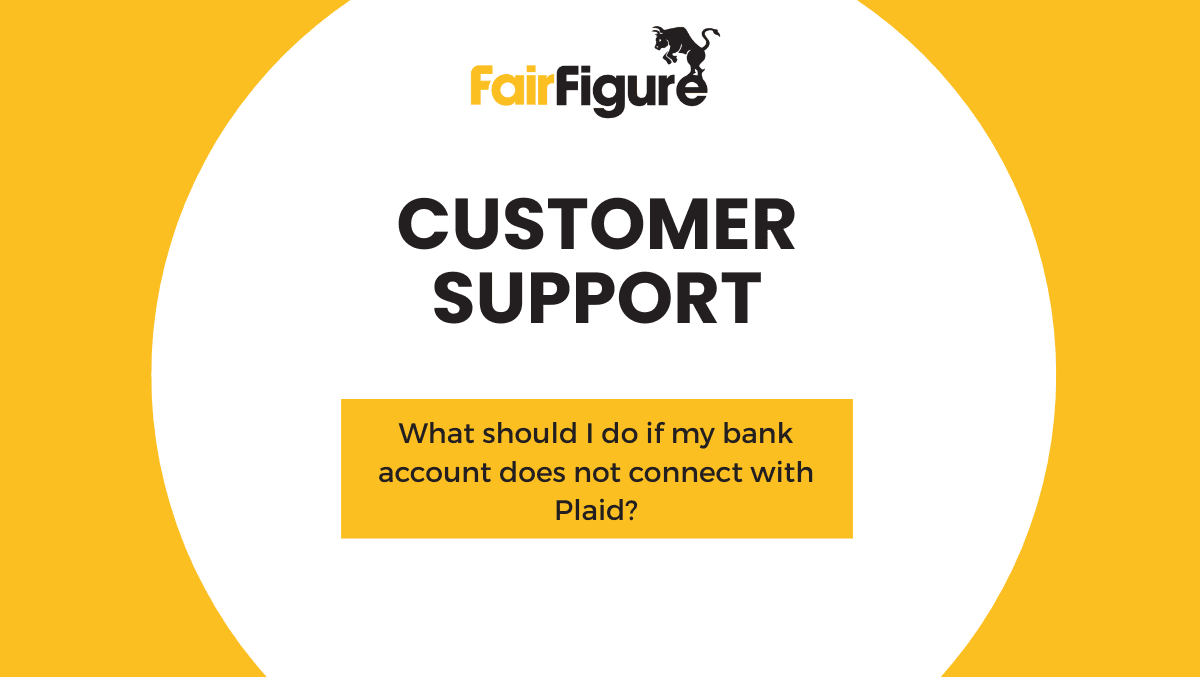
February 12, 2026
1 min read
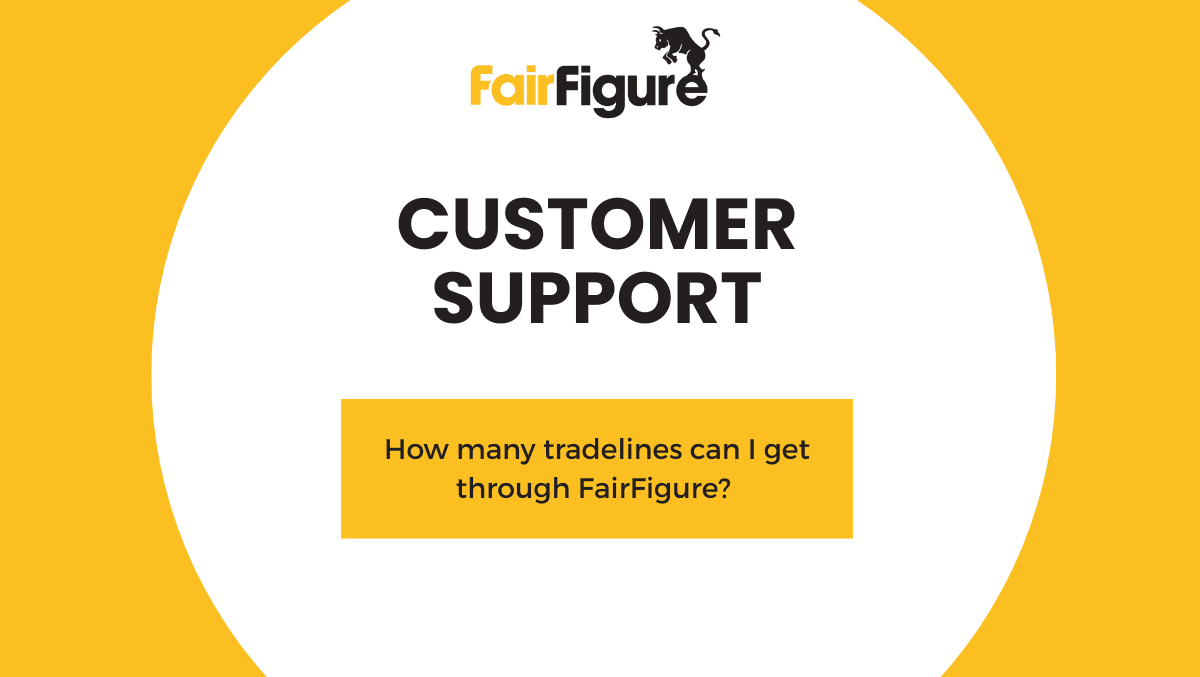
February 12, 2026
1 min read
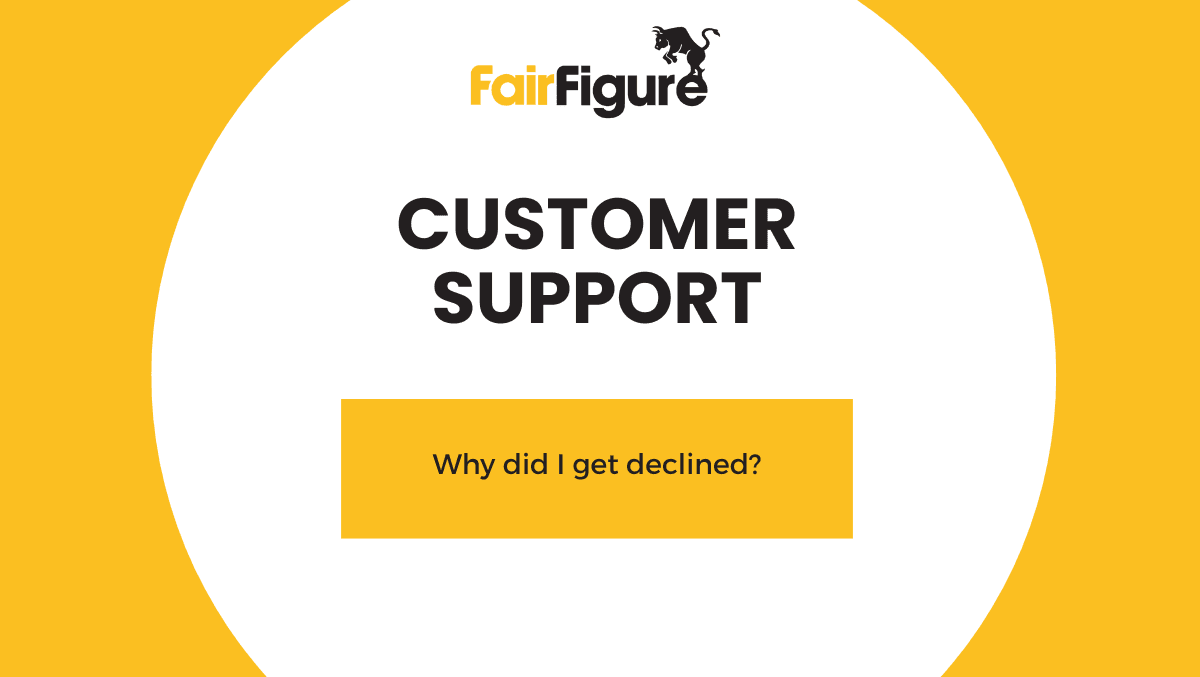
February 12, 2026
1 min read

Start your credit building journey for your business
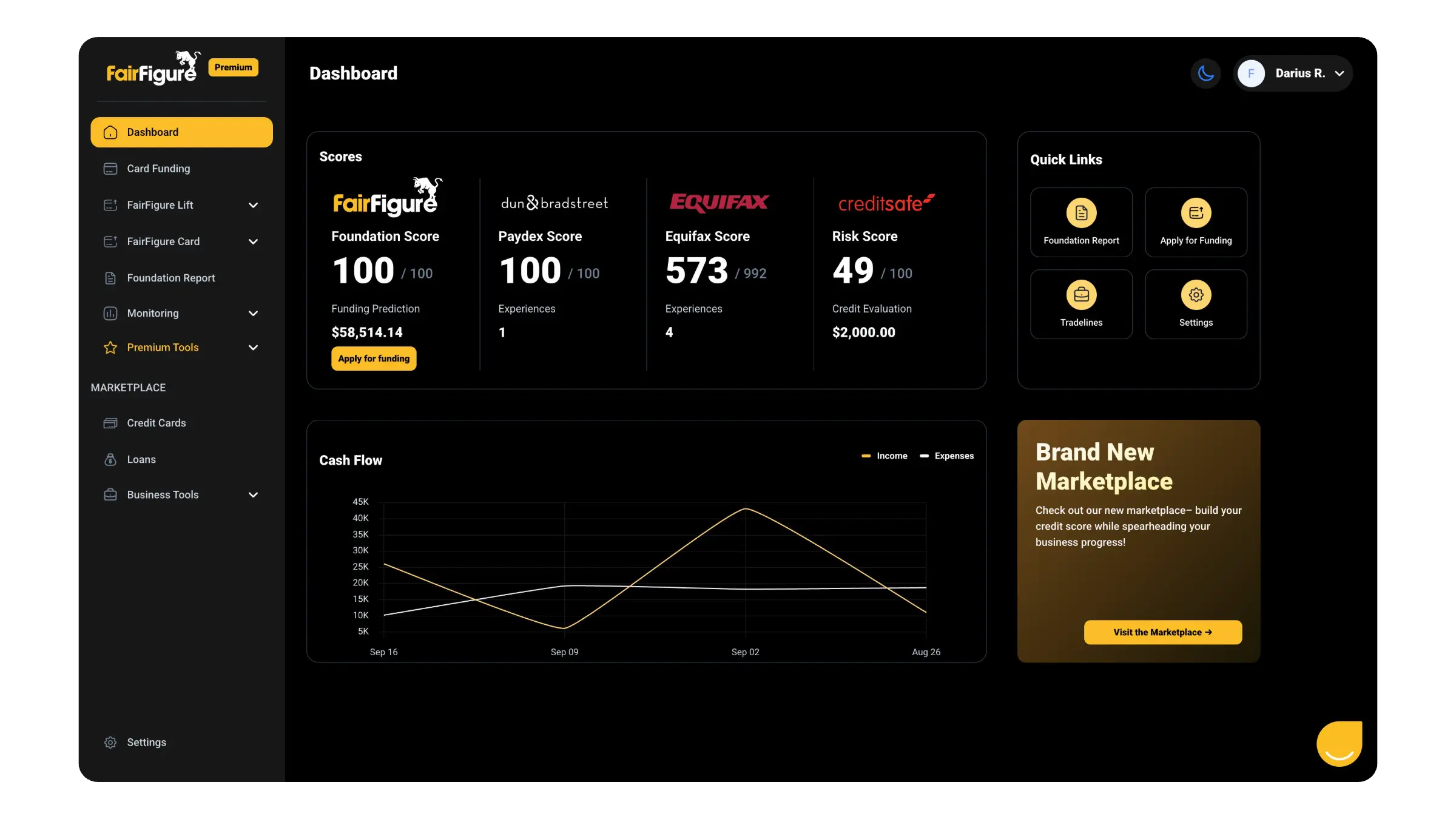
Start your credit journey now with FairFigure